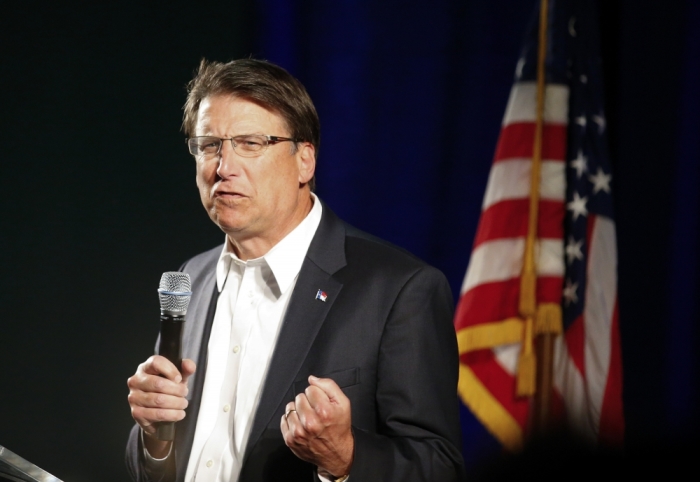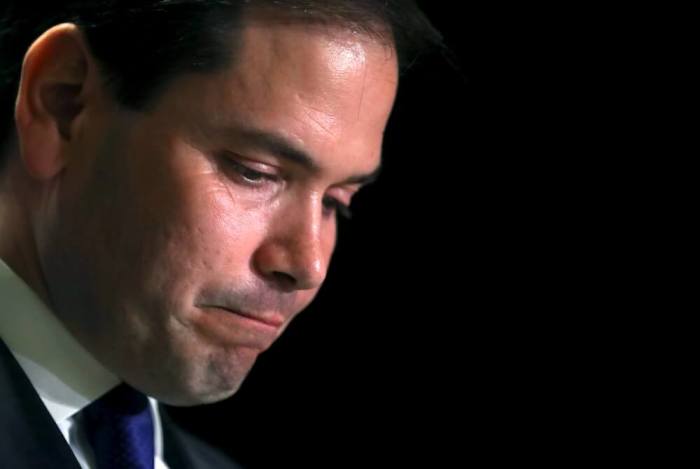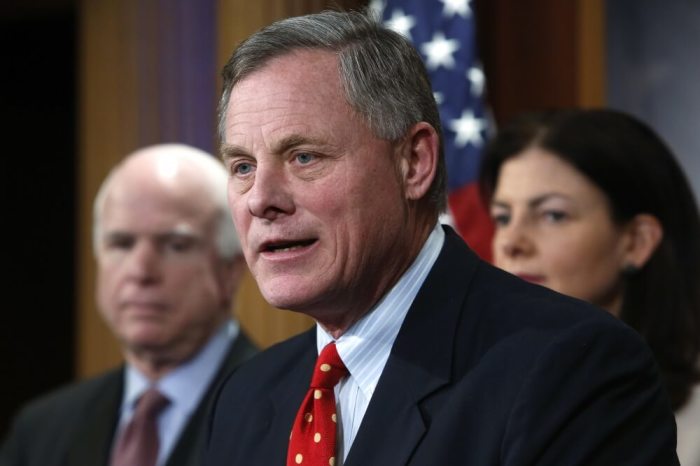Top 6 Races to Watch on Election Night

While the presidential election has dominated the news cycle, there are other races down-ballot that could have a major impact on the country and the states.
Analysts suggest that the Democratic Party has an opportunity to regain control of the Senate this election, thus underlining the importance of a number of Senate races, including six that polls show to be toss ups at this late stage in the election cycle.
Meanwhile, there are 12 gubernatorial elections that will decide whether or not the balance of power will be shifted in the states.
Below are six key races to watch for on Nov. 8.
North Carolina Governor's Race
North Carolina Gov. Pat McCrory became the center of a national controversy earlier this year when he signed HB 2 into law, which required individuals to use state-owned bathrooms and locker rooms consistent with their biological gender. Additionally, the law gave businesses and other places of public accommodation the ability to establish their own bathroom policies rather than be forced to allow biological men into women's restrooms.
It didn't take long for the liberal activists, corporations, rock stars, sports leagues and many other prominent individuals and organizations throughout the country to speak out and take action in light of the the bill, which they deemed discriminatory towards the LGBT community.
A number of businesses like PayPal nixed plans to expand to the state. A number of entertainers and music performers cancelled concerts in the state and the NBA decided that it will no longer host the 2017 All-Star game in Charlotte.
Additionally, the law brought the state into a legal battle with the federal government.
While McCrory has refused demands to scrap the law, the state's Democratic Attorney Gen. Roy Cooper, who is running against McCrory for governor, stated in March that he will not defend HB 2 in court and has maintained that the law is bad for North Carolinians and bad for the state's economy.
As Cooper and McCrory are on opposite ends of the transgender bathroom debate, this gubernatorial election could be seen as a quasi-referendum on the transgender bathroom law.
According to Real Clear Politics average of North Carolina gubernatorial polling, Cooper has a 3.0-percentage-point lead over McCrory as of Monday afternoon.
Florida's Senate Race: Marco Rubio

Rubio made a strong run at the Republican nomination for president in 2016 and picked up the support of a number of social conservatives because of his views on marriage and abortion. But after Rubio, a Catholic, lost his home state to now-Republican nominee Donald Trump, he dropped his presidential bid. Not only did Rubio just drop out, he also told reporters that he would not seek reelection to the Senate or run in the Florida gubernatorial election in 2018.
However, Rubio changed his mind earlier this summer and now must defeat Democratic challenger Rep. Patrick Murphy, who is the representative of Florida's 18th congressional district, in order to keep his seat.
Real Clear Politics has the race listed as "leaning GOP," as Rubio has an average lead of 5.6 percentage points over Murphy in the polls as of Monday afternoon.
As a result of Rubio's recent surge in the polls, Politico reports that the national Democratic party has lost some hope for Murphy.
However, Murphy has recently received help from President Barack Obama, who visited Florida twice in eight days to campaign for Clinton.
While campaigning for Clinton, Obama also touted Murphy as a "hard worker" and even led a crowd of 9,000 at the University of Central Florida in a chant of "Patrick! Patrick! Patrick!" Additionally, Politico reports that Obama will travel to Miami and Jacksonville this Thursday.
North Carolina's Senate Race

According to Real Clear Politics average of North Carolina Senate race polling, Republican incumbent Richard Burr is locked in a toss up with Democratic challenger Deborah Ross, a former member of the state's general assembly. As North Carolina is a swing state, Burr could be at risk of losing his seat as a result of a coattail effect that could come as a result of Clinton winning the state of North Carolina.
As polls show that Clinton holds an average lead of 3.3 percentage points over Trump in North Carolina, Burr, who is currently serving his second term in the Senate, holds just a one-percentage-point lead over Ross, according to the average of polls.
Burr supported the Pain-Capable Unborn Child Protection Act and is endorsed by the pro-life lobbying group Susan B. Anthony List. Meanwhile, Ross is backed by the pro-abortion organization Emily's List.
While the conservative lobbying organization Heritage Action has given Burr a rating of 41 percent, he is a co-sponsor of the First Amendment Defense Act, which would prevent the federal government from punishing any individual or organization based on their beliefs on marriage.
Burr also voted against a bill in 2015 that would have added protections for sexual orientation or gender identity in public schools.
As the Washington Post points out, Ross had made the state's Republican-backed transgender bathroom law a major focus in her campaign, claiming that HB 2 is "devastating" for the state's economy.
However, Burr stated in June that he thinks that state General Assembly should "roll back" the bathroom provision that requires transgender individuals to use state-run bathrooms consistent with the biological sex.
However, he also criticized Charlotte for passing an ordinance requiring businesses to allow transgender people to use bathrooms consistent with their gender identity.





























